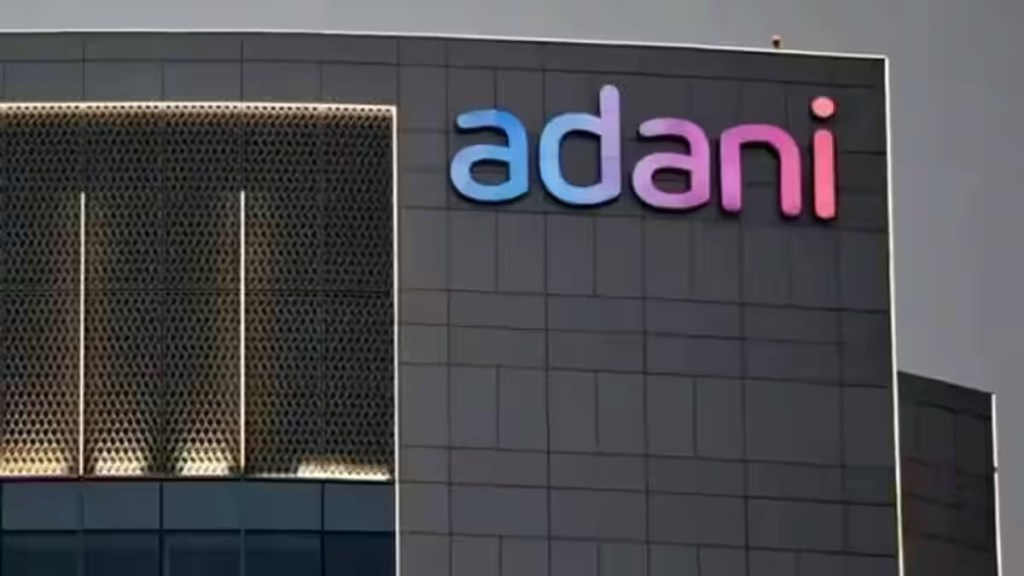An efficient and independent judicial and regulatory system is the pillar of all modern democracies, and India’s apex court and regulators have undoubtedly played a constructive role in this regard. That gives us hope that the stock market regulator will continue to maintain that tradition by comprehensively addressing the recent questions raised in matters relating to the Adani group. After all, its primary duty is to ensure the integrity of the markets and protect the interests of investors. The conglomerate concerned, which has denied any wrong-doing, would also surely welcome such an exercise in order to silence its detractors once and for all.
Former Securities and Exchange Board of India (Sebi) chairman M Damodaran hit the nail on the head when he told The Wire news portal this week that the regulator “cannot turn a Nelson’s eye” to the raft of recent allegations that have piled up against the Adani group and must find out whether regulations have been flagrantly violated. A Financial Times report, based on documents provided by the Organised Crime and Corruption Reporting Project, had lifted the veil that masked the identities of two Asian businessmen—reported to be close associates of Vinod Adani, elder brother of the conglomerate’s founder Gautam Adani—who had allegedly acted as frontmen for the group by funnelling money into four group companies through offshore funds and, thereby, manipulated stock prices. Though the Adani group dismissed what it called recycled allegations, it surely is the market regulator’s duty to establish whether there is proof beyond doubt or is there a preponderance of probability.
The FT report wasn’t the only one. Earlier this week, a PIL petitioner on the Adani-Hindenburg matter made a series of charges against Sebi in an affidavit—alleging the market regulator brought a series of amendments to “benefit the conglomerate” and it “slept over” a directorate of revenue intelligence’s (DRI) letter on alleged stock manipulation by the Adani firms back in 2014. The Supreme Court is hearing four PILs on the Adani-Hindenburg issue, including that of this petitioner. Another report sometime back provided details of an investigation carried out by the Enforcement Directorate which concluded that a dozen companies, including foreign investors based in tax havens, were “top beneficiaries” from short selling of companies of the Adani Group. Some of these investors had, in fact, taken positions just a few days before the release of the Hindenburg Research report. As per the report, ED had shared its findings with Sebi, but no action was reportedly taken.
Last month, Sebi informed the Supreme Court through a status report that it had completed the probe in 22 of the 24 matters against the Adani group and is awaiting information from five tax havens on the actual owners who had invested in its group firms. The regulator has been looking into three areas as per the remit given by the top court—whether there has been any violation of the minimum public shareholding norms; whether there has been any failure to disclose transaction with related parties; and any manipulation of stock prices in contravention of laws. The regulator needs to step its efforts. It’s nobody’s case that anybody should be declared guilty without adequate evidence, but as Damodaran said, the regulator’s own credibility is on the line unless it carries out a thorough, diligent investigation into all aspects. Sebi should listen to its former chairman.

